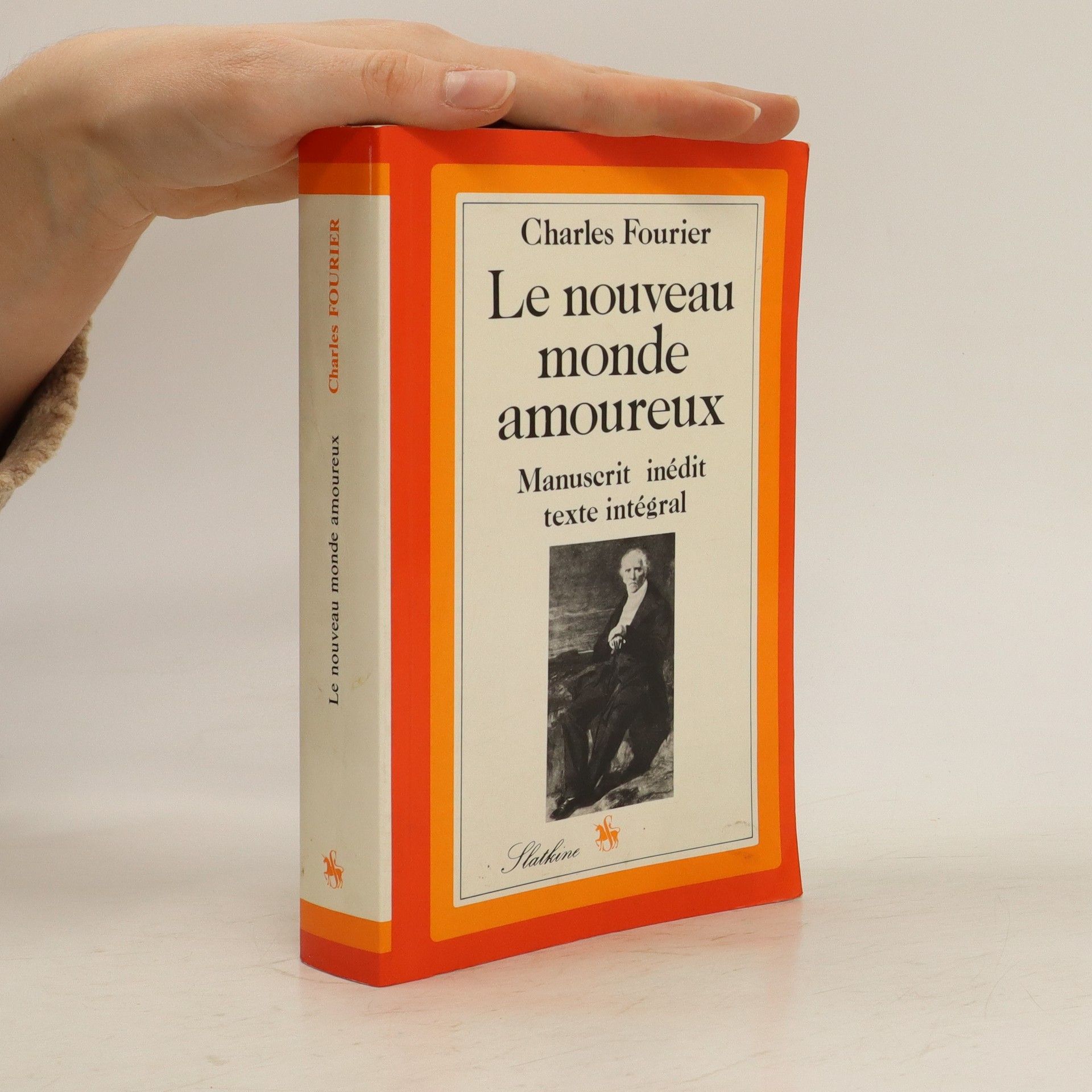Als »Die Freiheit in der Liebe« 1967 in Frankreich erschien, 150 Jahre nach der Niederschrift, wurde das Buch begeistert aufgenommen und galt als Vorläufer einer sexuellen Revolution. Fourier kritisiert scharf die »Zivilisation« seiner Zeit und erarbeitet ein alternatives Gesellschaftsmodell, die »Harmonie«, die auf dem Ende der monogamen Ehe, der Vervielfältigung von Liebesbeziehungen jeder Art und einer absoluten Gleichheit der Geschlechter basiert. Fourier, immerhin ein Mann des 18. Jahrhunderts, lässt auch Homosexualität, Fetischismus und andere als »pervers« geltende Praktiken als Varianten der Leidenschaft gelten; von den edelsten Gefühlen bis zu den absurdesten sinnlichen Manien, von der heiligen Liebe bis zu schlüpfrigsten Phantasien gilt ihm alles als gleichwertig. Als Visionär und Utopist entwirft er eine offene Gesellschaft, in der neue Regeln keine Verbote mehr sind, sondern Protokolle sozialer, erotischer, ästhetischer Spiele. Margarete Stokowski, kämpferische Feministin mit spitzer Feder, hat diesem wiederzuentdeckenden Sozialutopisten ein aktuelles Vorwort gewidmet.
François Marie Charles Fourier Poradie kníh (chronologicky)
François Marie Charles Fourier bol francúzsky filozof, ktorého radikálne sociálne a morálne názory výrazne ovplyvnili modernú spoločnosť. Fourierove myšlienky, považované vo svojej dobe za prevratné, dnes tvoria základ mnohých spoločenských prúdov. Je mu napríklad pripisované, že v roku 1837 prvýkrát použil slovo „feminizmus“. Jeho vplyvné myslenie formovalo budúci smer sociálnych a morálnych debát.







An English translation of important text in the history of socialism.
Soustavný přehled paroháčů
- 56 stránok
- 2 hodiny čítania
Typologie oklamaných manželů vychází z autorova pojetí mezilidských vztahů. Tato typologie vychází z autorova pojetí mezilidských vztahů, podle něhož je tzv. civilizovaná společnost vybudovaná na falešných mravních zásadách. Manželství a patriarchální nadvládu mužů nad ženami považuje za nepřirozené a nemravné a ve své teorii se pokouší uplatnit soudobé přírodovědecké poznatky na studium lidské společnosti.
Le nouveau monde amoureux
- 521 stránok
- 19 hodin čítania
Výbor z díla francouzského utopického myslitele se pokouší předložit reprezentativní ale zároveň i zajímavý a poutavý přehled všech hlavních Fourierových témat, utříděných pro větší přehlednost do tří větších celků (Člověk a dějiny, Kritika civilizace, Harmonická společnost) dále rozčleněných pomocnými kapitolami.
Jahrbuch Politik
- 158 stránok
- 6 hodin čítania
Výbor z díla a myšlenek francouzského filosofa a utopisty Charlese Fouriera tématicky zaměřený na kritiku soudobé společnosti, obchod, politiku, revoluci, svobodu, práci, kapitál, instituce nové společnosti či jeho názory na ženy a jejich postavení ve společnosti, výchovu a morálku.

